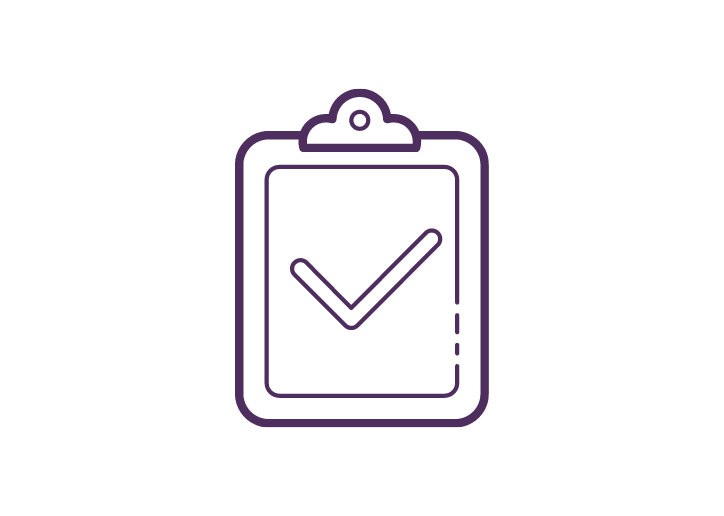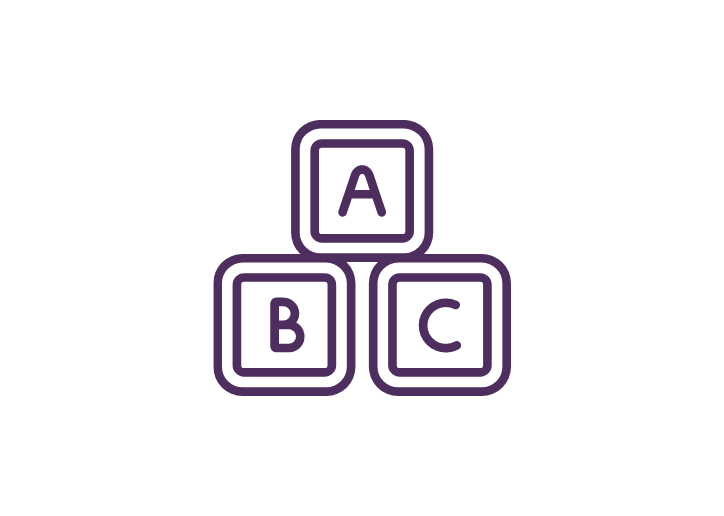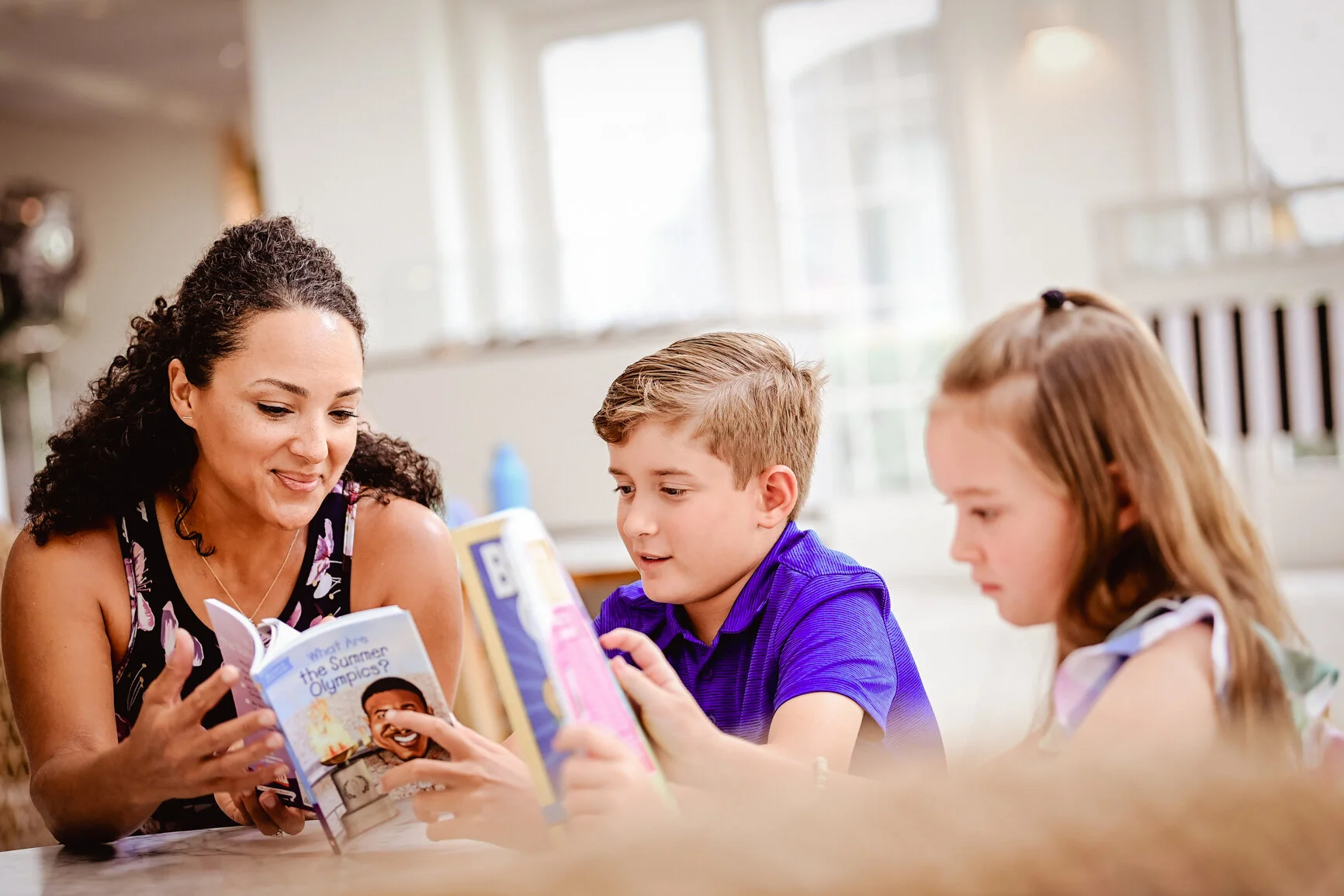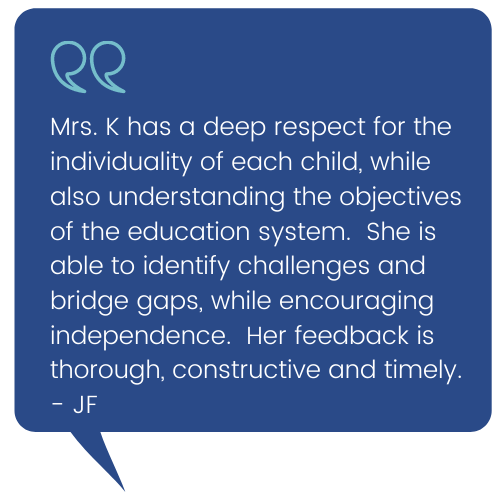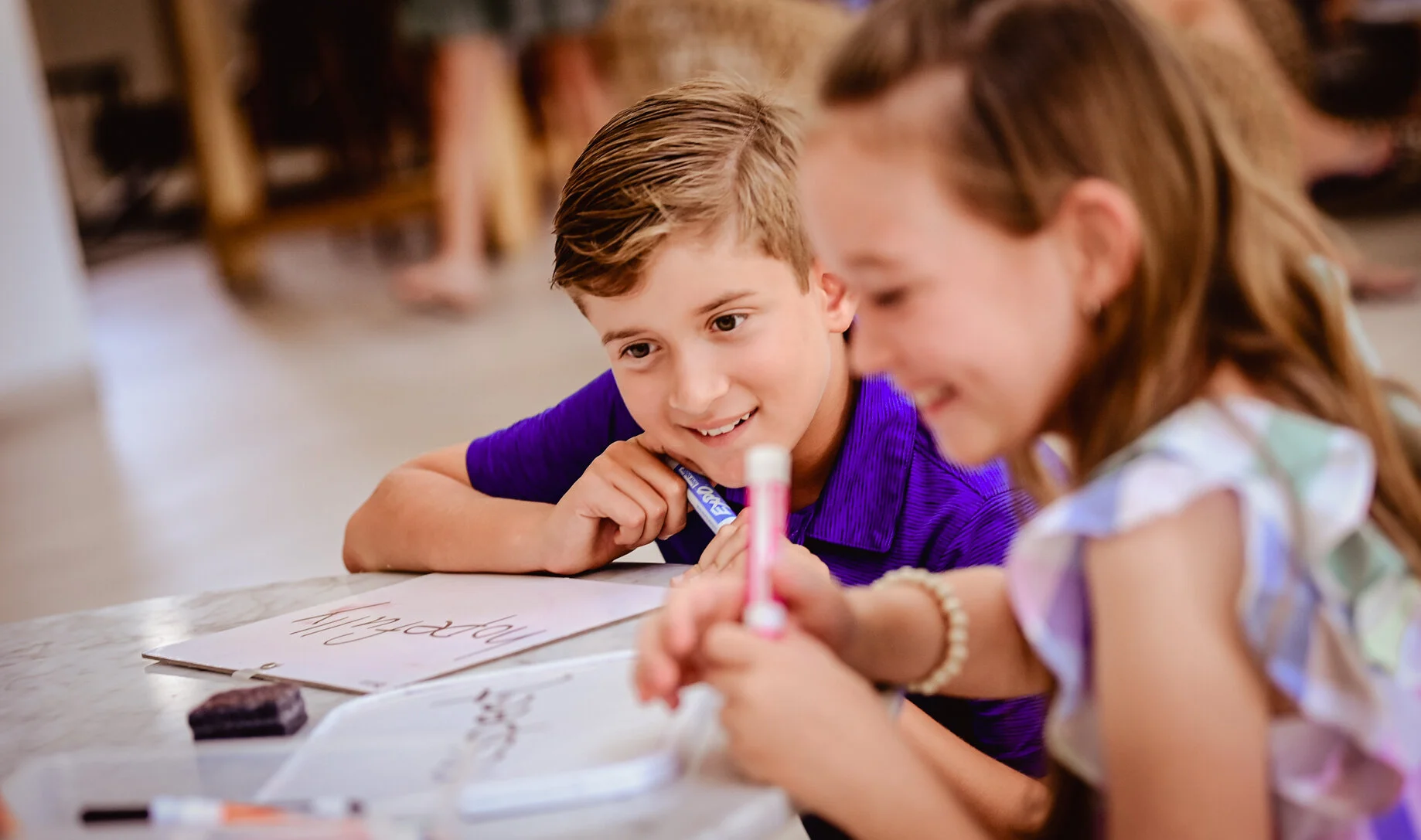What We Do

Educational Therapy in the Cayman Islands
Offering support that goes beyond tutoring and extra practice.
Training in contextual analysis, assessment, intervention, collaboration, and case management provides a unique approach to learning and development.
How We Can Help
Advocacy
Through formal or informal assessment, our educators guide family understanding of learning needs and can act as a liaison in the learning community. Personalized accommodations can be provided for clients presenting with a wide range of diagnosed, and undiagnosed, learning needs such as ADHD, dyslexia, sensory needs, and general academic challenges.
Collaboration
Ongoing partnership with students, families, and professionals in the community (teachers, counselors, occupational therapists, speech therapists, and more) ensures that all aspects of child development are the focal point of support.
Intervention
Our specifically trained educators provide individualized, intensive intervention in language processing, motivation, self-esteem, social skills, and overall executive functioning. This is all with the goal of developing the learner’s strategic use of skills in order to foster learning, develop a sense of autonomy, and understand the inter-relationship between learning and social/emotional learning.
What Parents Can Expect
You can feel confident that we will meet your child where they are in their learning and offer direct guidance and support in how to manage learning and overall development. We play an important role in assisting with the ability to communicate with educators about your child and your family’s needs.
We also pride ourselves on looking at learners as a complete, valuable individual who plays a vital role in their family unit and community. Decisions made for the individual impact everyone and therefore must work for everyone.
How to Get Started
Connect
Book a 15 minute free consultation and we will get to know one another and discuss what is going on, what is needed (skills, timeframe, in-home or school, etc.), and my familiarity with those needs.
Information
If we are a good fit to work together you will receive an intake form to gather additional information about development, schooling, strengths, and areas of growth.
Assessment
If an assessment has been conducted by an educational psychologist, the report will be beneficial at this stage. If not, an assessment will need to be conducted in order to gather data regarding the knowledge, skills, and attitude of the learner. This information is used in no way to diagnose the learner.
Strategy
Review assessment results and schedule a follow up meeting to report findings and discuss the recommended next steps/strategy.

Our Tailored Methods
We tailor our methods to the individual child. You’d be amazed at how well academic and executive function skills can be integrated with personal interests and just with that extra bit of effort, you’ve made a connection!
At the start of every session, we inquire into the child’s state of mind, their zone, so we can meet them where they are (ex: happy, tired, overwhelmed, angry) and carefully guide them into the “green zone” (happy/focused).
This simple consideration allows us to proceed into the concept for the day with focus and confidence. In instances where we can’t shift, this informs us of different paths to take that are more in line with the functional state of the learner.
What we offer for your child:
Learning one's own strengths and areas of growth
Comprehending one’s learning style and expanding skills in other methods (VARK: visual, auditory, reading/writing, or kinesthetic)
Advocating for one’s own learning and development
Prioritizing goals, organizing ideas, planning next steps
Confidently approaching new concepts with wide-reaching skills and effective strategies
We are thrilled to share kind words from the families we work with:
We carefully tailor our student sessions but tutoring session fees typically start at:
CI$75/60 min. session: encoding, decoding, literacy (suggested twice weekly)
CI$55/45 min. session: math remediation through visual, tangibles
CI$40/30 min. session: executive functioning-planning, organizing, prioritizing (suggested twice weekly)
Starting at CI$360 screening (includes 90 min. Assessment, report, and follow-up meeting)
Get in touch to discuss pricing and sessions:
FAQs
Are you a tutor? a.k.a. What is Educational Therapy?
While a tutor can be effective in offering practice in specific areas of learning, Educational Therapists support the development of lifelong skills that are applicable across all areas of development.
What age group do you work with?
I have typically worked with four to thirteen year olds, but have found many techniques are effective for older learners.
Will you communicate with my child’s school?
Yes, with your permission. Communication with school administration and teachers is beneficial to the overall development of the learner. Communication ensures that curriculum and developmental needs are being addressed across learning environments.
I had my child tested and the neuropsychologist recommended executive function coaching. Do you do that?
Yes, and it’s actually one of my favorite skills to support! Executive function is what gets everyone through prioritizing, organizing, and planning everyday tasks from the initial stages to reflection.
How often will my child need educational therapy?
Quantity of weekly sessions varies depending on the needs of the learner. One child requiring language/literacy support may require 2-3 sessions weekly, which another may require 3-4 sessions to witness substantial growth. Sharing educational psychotherapy reports and in-house assessment allows the Educational Therapist to determine best steps forward. As needs change for the learner, alterations to the schedule are made.
When do students see you?
I work Monday through Friday 6:30am-4:00pm in-home, in-school or via Zoom. Many in-school families are happy to consider Zoom sessions during extended holidays.
“Miss K you are the best teacher. I know a lot of people say this, but you are the best! Everytime you come into the room I smile and I think everyone else does too!”
- WA

